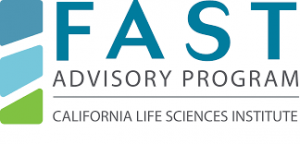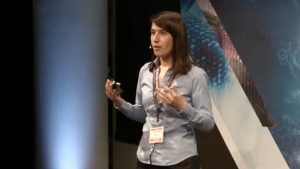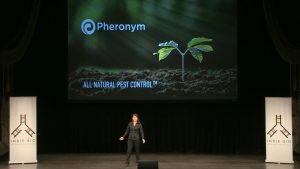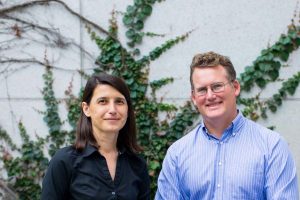WASHINGTON, D.C., Oct. 18, 2017 – The U.S. Department of Agriculture’s (USDA) National Institute of Food and Agriculture (NIFA) today announced grants to help bring agricultural business ideas from the drawing board to the marketplace. Funding is made through NIFA’s Small Business Innovation Research Program.

“For small agricultural businesses, the federal government is a key, initial investor to help them get great ideas into the marketplace,” said NIFA Director, Sonny Ramaswamy. “The feasibility and scalability of these business concepts are evaluated through our peer review process, and businesses get to keep their intellectual property rights as they commercialize their ventures.” Read more


